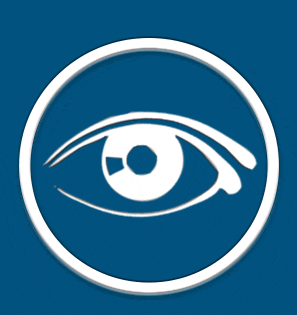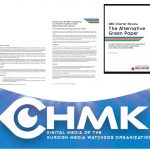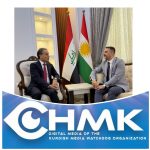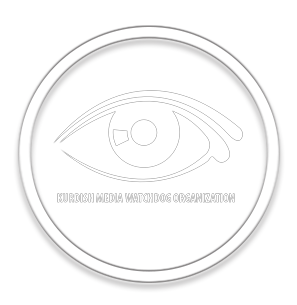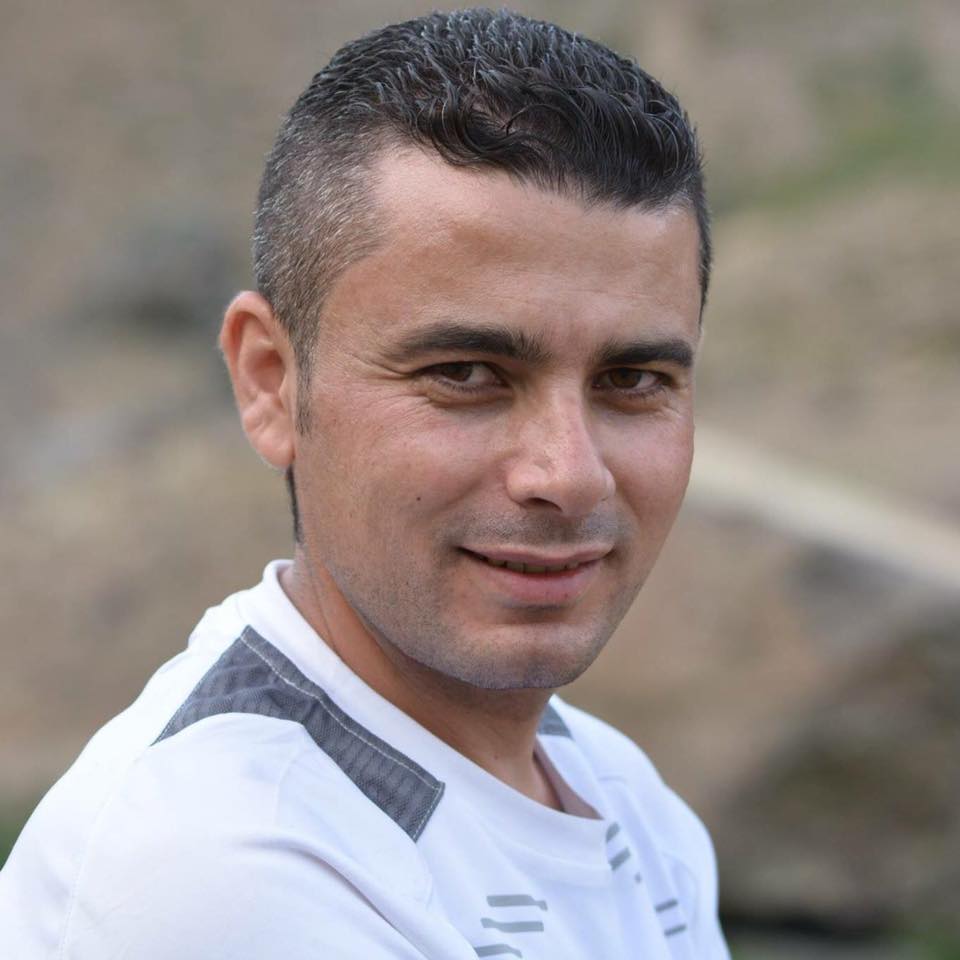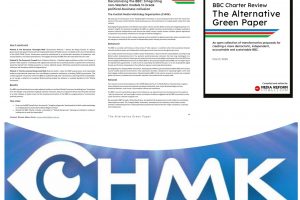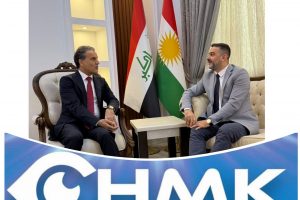By Aras Ahmed Mhamad
Ever since the 2011 17 Shubat (17 February) Demonstrations, which lasted for 62 days, ended, there has not been a month or even a week without rallies, protests and demonstrations in the Kurdistan region, especially in Slemani province.
In September 2014, I wrote an article entitled “Does Demonstrating Have Any Value in Iraq’s Kurdistan Region?” wondering whether civil activities carry any value? Can demonstrations change anything in the Kurdistan region? Can demonstrators force the legal establishments to bring corrupt politicians and perpetrators to justice? My answer then was ‘no’. Guess what! I was completely right. Not one single culprit was brought to justice.
In this context, demonstrations will only be effective when there is rule of law and exchange of power. Rallies and gatherings won’t work if the government does not have ears to listen and eyes to see. This is not to support or advocate violent demonstration, but rather to highlight the events of the past period. If the Kurdistan region does not have a parliament to represent the people and monitor the ministers, how would you expect it to be just and responsible?
Kurdish people, just like Kurdish political parties, are scattered. Political party media and shadow media have created an atmosphere where common people can’t differentiate who is on the people’s side. There are hundreds of unresolved issues in the Kurdistan region such as lack of services, teachers’ boycotts, delays in salaries, Kurdistan president terms disputes, paralysis of the Kurdish parliament, political leadership crises and disunity, political rivalry and animosity.
Kurdistan Regional Government’s (KRG) employees are also disunited. Teachers, for example, have today (27 September) initiated a wave of demonstrations across Slemani city, and towns and districts linked to the city. But teachers in Hawler, Kurdistan region’s capital, and Duhok city have not responded to the initiative and did not demonstrate. This shows that even teachers are scattered and can’t agree on how to overcome the problems. Hence, their demands are not met and the issues resurface regularly.
In almost all rallies and demonstrations in the Kurdistan region, teachers, reporters and even ordinary citizens are wounded, captured, detained, insulted and even killed but there has been no official action against those who carry out the beatings and the crimes. This shows the complete hegemony of political parties and politicians over legal institutions and security forces. The more demonstrations are held, the more powerful politicians become. This ironical situation has dominated the political arena for the past six years.
Fabricated stories and false accusations always accompany the demonstrations and haunt the families of the demonstrators. Political parties, via their social networks and sponsored pages, have created thousands of accounts and pages to distort the events. Shadow media continuously works on brainwashing the citizens. Accountability and trust are in their worst forms and shapes, especially among the political elite.
Partisan accounts and shadow pages use every means possible to misinform society. Photos of tens of activists and journalists are photoshopped to attack their dignity and mislead people who are not on the politician’s side. And you will never know who is the next person they will target.
People’s discontent is growing, particularly the voices of teachers and other employees who are receiving less than their agreed salaries. Worst, salaries have been delayed sometimes for up to five months. In fact, KRG employees have not received their salaries for September, October, November and December of 2015.
If officials want people to carry on living peacefully, carry out their responsibilities and respect them, the KRG must answer the demands of the demonstrators. Their basic demand is to for their salaries which is a lawful (right) demand. Politicians can’t increase their grip on power if the people are hungry. The monopolization of the market and their domination of natural resources and the sources of income will turn into nightmares as we saw during the Arab Spring.
However, as long as people are disunited, politicians will carry on with their fake nationalist slogans, political outbidding, cronyism, autocratic rule, clout and corruption and they have the media on their side.
People’s concerns and rightful requirements can’t be neglected. Although politicians have been successful in falsifying the realities in the past few years, due to mounting public concerns no one can predict when the next demonstrations will be held or what the outcomes will be.
In a healthy democratic society, the political elites and the population can enjoy the benefits of coexistence and prosperity. But when corruption spreads and mistrust prevails, instability and long-term uncertainty will harm both the citizens and politicians. If politicians continue to be irresponsible, their iron fist rule won’t last long. But people’s voices and demonstrations can only be effective when they are united.
This piece originally appeared in The Kurdistan Tribune and Aras Ahmed Mhamad is a journalist based in the Kurdistan region. He has contributed to Fair Observer, The World Weekly, Newsweek Middle East, The New Arab, and Your Middle East, among others. He is the author of “School and University: A Fundamental Roadmap For Self Awareness, Democracy and Sovereignty”
